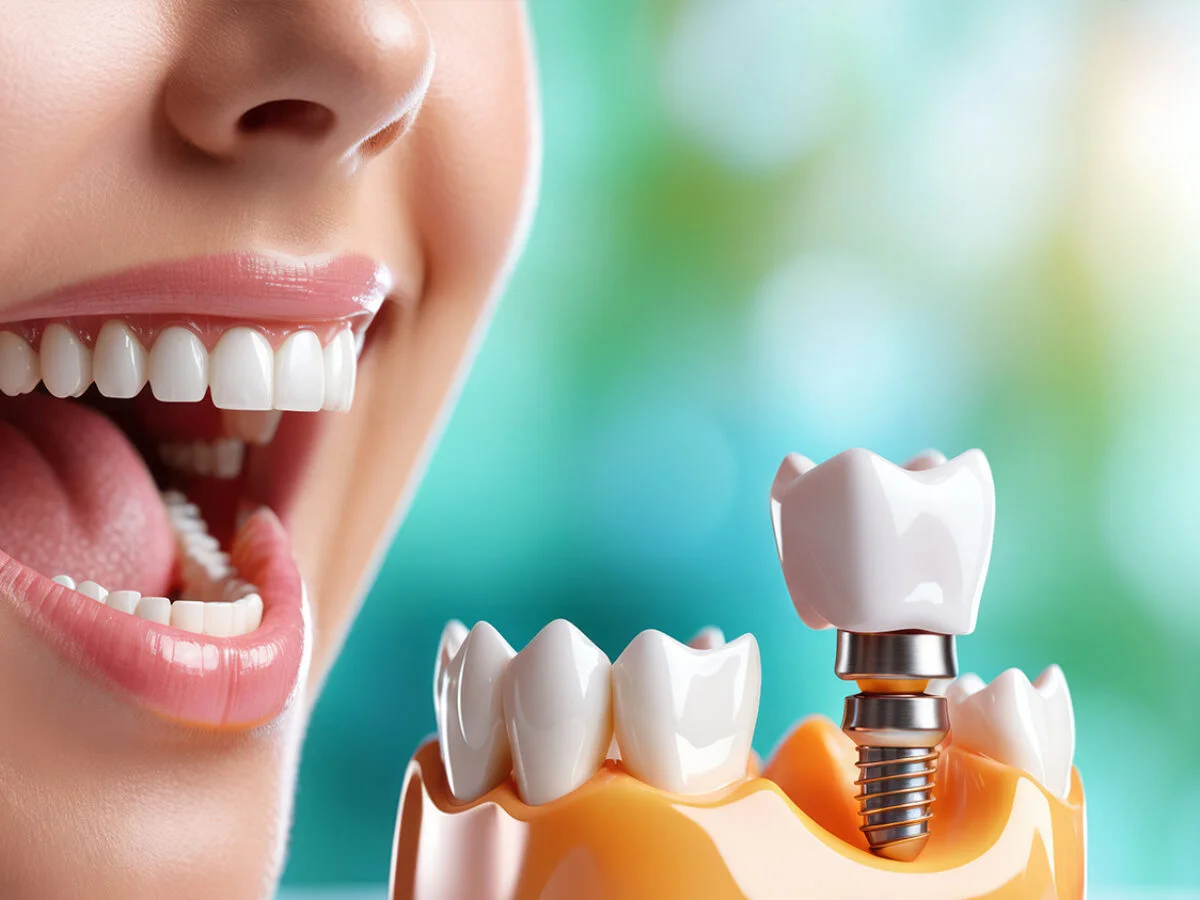Maintaining a healthy smile entails more than just brushing your teeth on a regular basis; it also requires a daily commitment to practices that protect and strengthen your teeth. One of the most prevalent dental problems, cavities, can disrupt your routine and can lead to costly treatments if left unchecked. Fortunately, your teeth can be considerably prevented by just following basic yet effective care guidelines.
Prioritize a Balanced Diet to Support Oral Health
A well-balanced diet that is high in essential nutrients is critical for preventing cavities. Calcium-rich foods, including almonds, leafy greens, and dairy products, help to strengthen your teeth, increasing their resistance against decay. Found in eggs, salmon, and lean meats, phosphorus also supports strong enamel. Reducing sugary snacks and drinks is essential as sugar fuels harmful bacteria in the mouth, creating acids that compromise tooth enamel.
Use Hydroxyapatite Toothpaste for Added Protection
Hydroxyapatite toothpaste is emerging as a viable option for strengthening tooth enamel and preventing cavities. This toothpaste strengthens the enamel by simulating the natural mineral structure of teeth, therefore filling up little cracks. Unlike fluoride, which emphasizes cavity prevention via remineralization, hydroxyapatite seeks to restore and strengthen the structure of the enamel.
Commit to Thorough Brushing and Flossing
The basis of effective cavity prevention is brushing and flossing, which ensures that food particles and plaque don’t linger on your teeth for long. Twice daily brushing with a quality toothbrush eliminates food residue and bacteria, lowering the risk of acid generation that causes cavities. However, brushing by itself is insufficient; flossing clears debris from between teeth where brushing cannot reach, therefore avoiding the accumulation of plaque in those difficult-to-reach areas.
Chew Sugar-Free Gum to Increase Saliva Flow
Particularly for cavity prevention, chewing sugar-free gum is a practical and enjoyable approach to support dental health. Chewing gum helps to rinse your mouth by increasing saliva flow naturally, neutralizing acids from food and drink that could otherwise wear down tooth enamel. After meals, this neutralizing procedure is very crucial as it shields your teeth from acid attacks capable of causing decay. Important minerals like calcium and phosphate found in saliva also support the natural remineralizing process.
Plan Frequent Dental Care Visits for Preventive Maintenance
Preventing cavities depends mostly on regular dental appointments as expert cleanings eliminate plaque accumulation not addressed by brushing and flossing on their own. Preventive visits help identify problems before they become more serious concerns. Furthermore, treatments such as fluoride application or dental sealants can provide additional protection for your teeth, lowering the risk of cavities. Regular dental appointments guarantee that your teeth stay strong and cavity-free and help control your oral health
FOR MORE INFORMATION CLICK HERE : anniversary gifts for him
Conclusion
Preventing cavities necessitates a multifaceted approach that includes daily habits, dietary choices, and professional care. You create a solid basis for a cavity-free smile by concentrating on a diet that supports your teeth, incorporating protective products like hydroxyapatite toothpaste, and maintaining careful brushing and flossing practices. Simple adjustments like chewing sugar-free gum and maintaining regular dental checkups have a big impact on your oral health. Embrace these techniques into your daily routine and enjoy the long-lasting confidence that comes from a healthy, bright smile.










